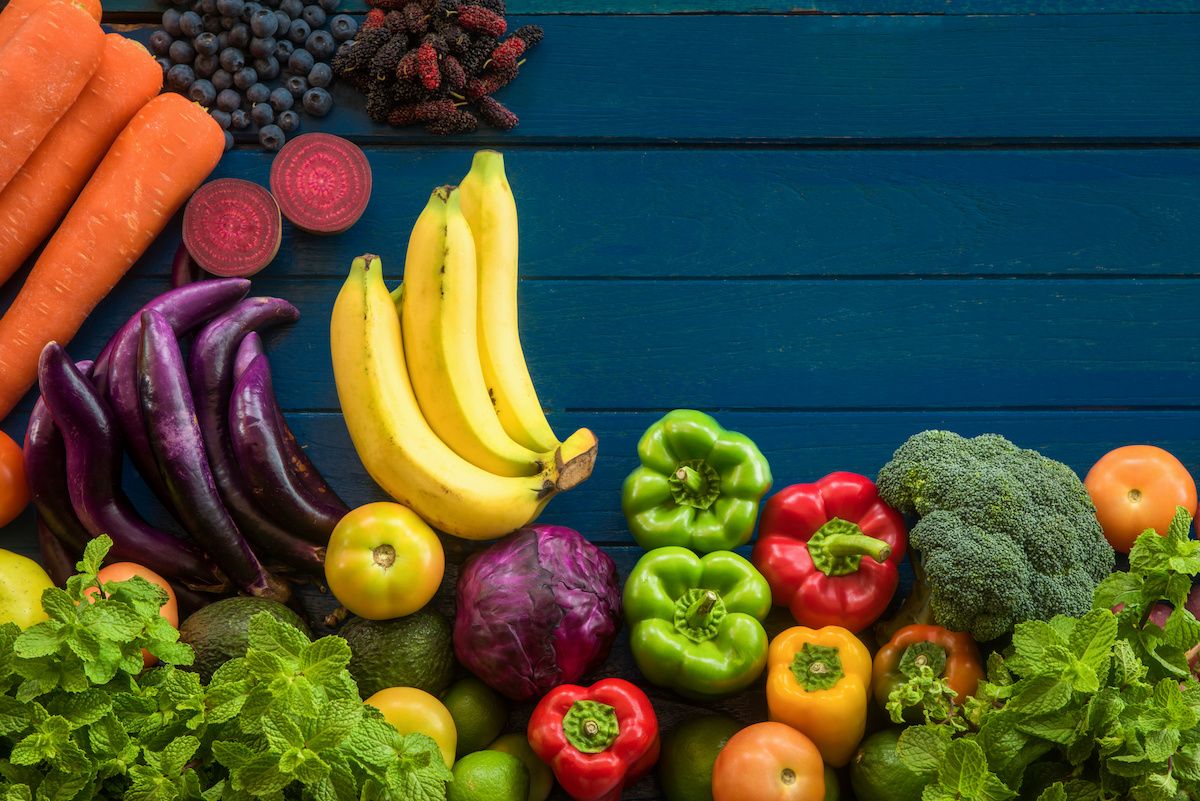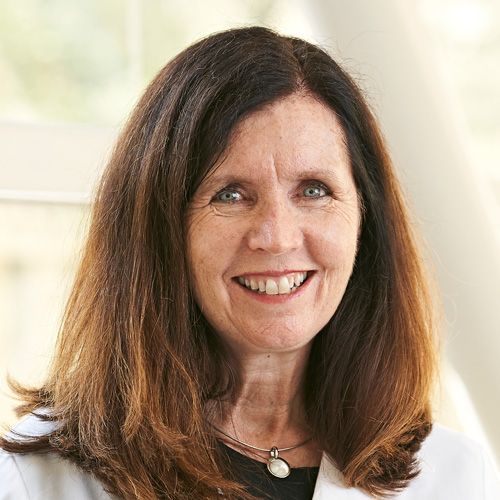Nutrient-rich foods, not supplements, shown to provide the greatest benefit in 2-year study
- Vitamin A, alpha and beta carotene and carotenoids reduced risk of infection
- Vitamins A & E, zinc and carotenoids reduced risk of developing mucositis
- Taking dietary supplements did not provide the same benefits
BUFFALO, N.Y. — While encouraging children to eat their fruits and veggies is a common refrain for most parents, new research led by a pediatric oncology expert from Roswell Park Comprehensive Cancer Center underscores that diets high in antioxidant-rich foods can have particular benefits for young cancer patients. Published in the Journal of Clinical Oncology, a journal of the American Society of Clinical Oncology, the cohort study involving more than 500 pediatric patients with acute lymphoblastic leukemia (ALL) showed that those who ate diets rich in vitamins A and C and carotenoids were less likely to develop bacterial infections or mucositis during the first phase of their treatment.
Led by Kara Kelly, MD, the Waldemar J. Kaminski Endowed Chair of Pediatrics at Roswell Park and Chair of the Roswell Park Oishei Children’s Cancer and Blood Disorders Program, the study reports that children who ate plenty of antioxidant-rich foods both at the start of their treatment and at the end of their first month of treatment had a lower risk of infection or mucositis than those children who did not, or who only took dietary supplements.
“This is the first study to suggest that a high-quality diet, rather than taking supplements, during ALL treatment may be beneficial in reducing these common toxicities,” Dr. Kelly says. “It really backs up what my research team has been promoting: that you can’t get these benefits by just taking a dietary supplement. There are protective components in whole foods that you don’t get when you take a supplement.”
ALL is one of the more common childhood cancers. While it is a potentially curable disease, treatments are linked with high rates of infection and mucositis, an inflammation of the mucous membranes that line the digestive tract.
Increased intake of beta carotene, carotenoids (beneficial pigments found in fruits and vegetables), vitamin A and alpha carotene led to lower risk of infection, while increased consumption of vitamin A, E, zinc and carotenoids led to a lower risk of developing mucositis.
Of the 513 children involved in this study, 120 patients (23%) who completed a dietary intake survey at the time of their diagnosis developed a bacterial infection and 87 (4%) patients who submitted a dietary intake survey at the end of induction developed mucositis.
The study was part of a larger phase III clinical trial conducted as part of the Dana Farber Cancer Institute Acute Lymphoblastic Leukemia Consortium, involving nine facilities in North America, from Canada to Puerto Rico.
The results of this study are noteworthy, as there has been some controversy around antioxidant intake during cancer treatment. Some previous work has suggested that antioxidants could negatively affect the impact of treatment. The team reports that consuming antioxidants through foods was neither beneficial nor harmful in terms of rates of high-end induction minimal residual disease or disease-free survival.
“By eating a healthier diet, patients are not doing anything to risk a relapse,” Dr. Kelly notes.
It’s okay for parents to put cheese or other ingredients on the vegetables to make them more palatable, she adds — so long as the patients maintain a healthy weight.
To build on this work, Dr. Kelly is leading a pilot study at Roswell Park examining a nutrition education intervention to help promote the adoption of a high-quality diet.
###
Roswell Park Comprehensive Cancer Center is a community united by the drive to eliminate cancer’s grip on humanity by unlocking its secrets through personalized approaches and unleashing the healing power of hope. Founded by Dr. Roswell Park in 1898, it is the only National Cancer Institute-designated comprehensive cancer center in Upstate New York. Learn more at www.roswellpark.org, or contact us at 1-800-ROSWELL (1-800-767-9355) or ASKRoswell@RoswellPark.org.
Annie Deck-Miller, Senior Media Relations Manager
716-845-8593; annie.deck-miller@roswellpark.org

